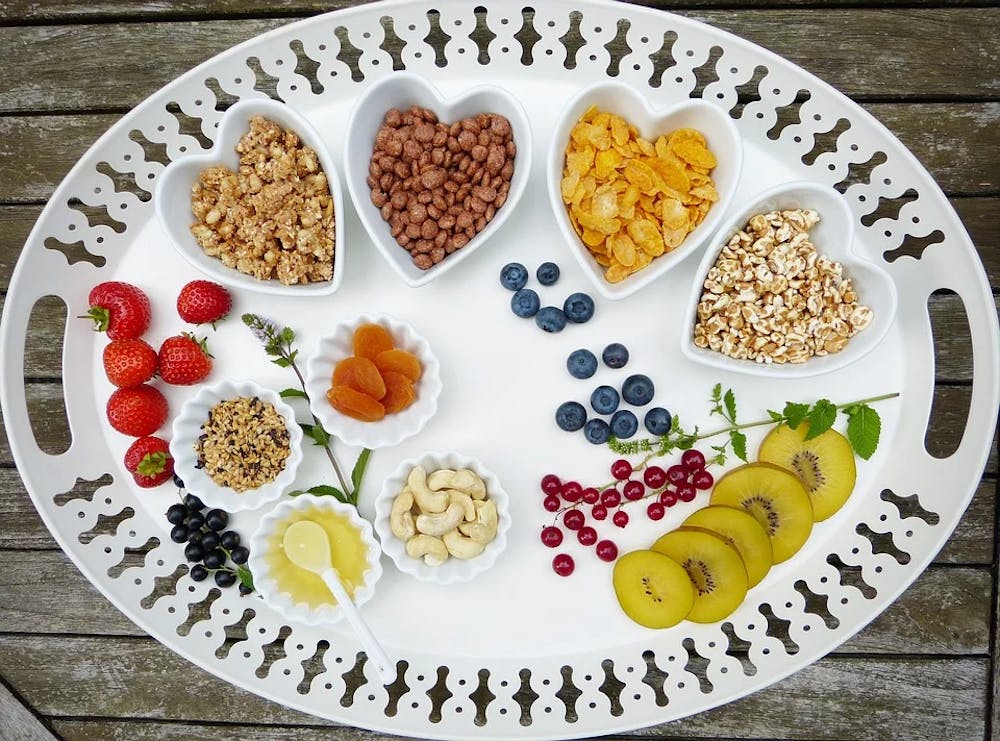By: Brandi Young
Food production has a huge impact on the planet. I believe it is our responsibility as consumers to make sure that impact is as small as it can be. Here are a few tips you can implement into your daily life to reduce your effect on the world around us: 1. Add VeggiesVegetables are clearly a great source of nutrients, but in some stores, they can seem expensive compared to the relatively cheap prices of fast food meats. A great way to add veggies to your diet is to buy them frozen. A bagof frozen veggies costs around a dollar. Not only are these cheap, but they are easy to make! I love having these as a staple in my diet because all you have to do is cook them in the microwave and they are steamed. If you're not a huge fan of steamed veggies, try adding new seasonings to them or add them to other dishes. My favorite is to add them into my stir-fry! Along with frozen vegetables, canned veggies are another great way to incorporate them into your diet. These can be even cheaper than frozen vegetables, albeit a little less tasty in my opinion. They run around less than a dollar for one can. A can can last for a meal or two depending on how big of an eater you are. These are also super easy to cook: either heat them on the stove or microwave them for a couple of minutes. I love compiling these into a crockpot with some other ingredients and seasonings for an easy vegetable soup or chili. 2. Add BeansThe benefits of beans work the same as the first point I mentioned. Instead of worrying about what you should be taking out of your diet, start with adding new things first. Beans are a super versatile food group. They go great in multiple dishes and they are cheap and easy to make. Adding beans to your meal as a substitute for meat is an easy way to get your daily protein. 3. Reduce Meat ConsumptionWhen people hear this, many assume they have to go vegetarian or vegan: it doesn't always have to be that big of a change! You can start with committing to meatless Mondays, or you might decide to only cut out one type of meat at a time. For example, you could start with not eating red meat. If you think that you could be a vegetarian except for one favorite meat, do that! You can eat like a vegetarian plus whatever your exception is. It doesn’t have to be all or nothing on a plant-based diet. Any change is better than none! 4. Eat mindfullyGrowing and producing food uses a lot of water and other resources. Overproduction is the main cause for soil erosion, deforestation and other harmful effects on the environment. If you only buy and eat what you need, you can reduce your carbon footprint by a significant amount. Reducing your food waste will help save water and other important resources.Cover photo courtesy of Pixabay

